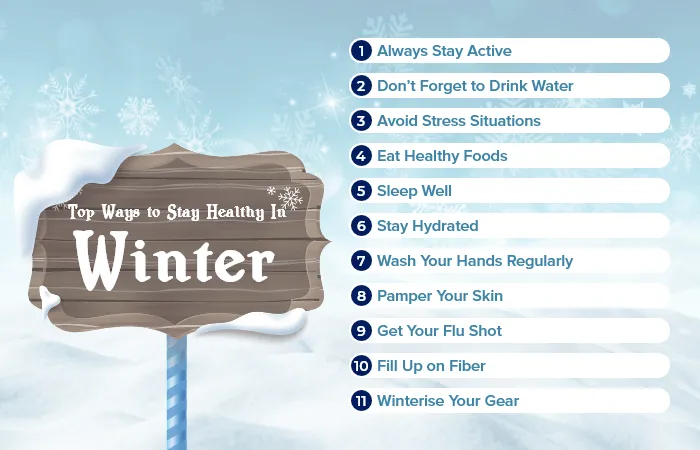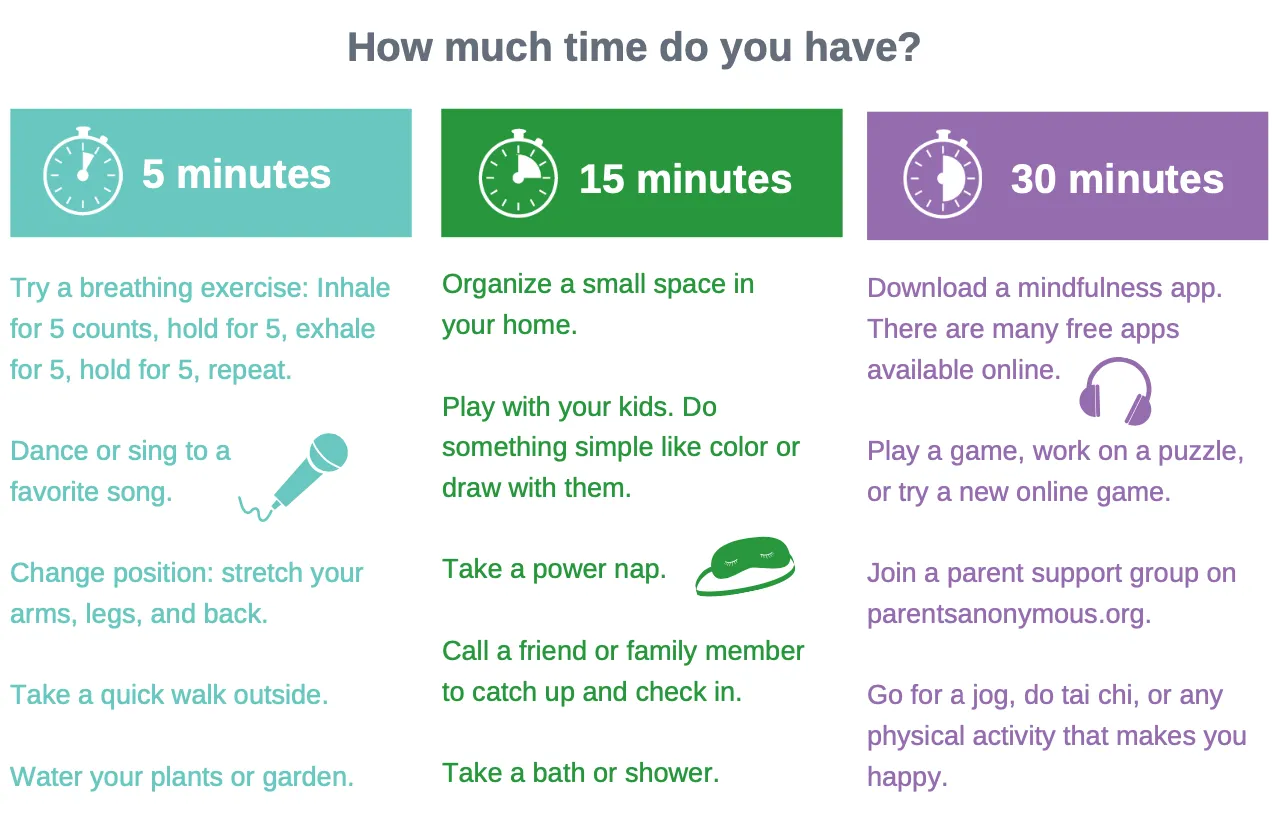Winter brings cozy blankets, warm drinks, and festive cheer, but it also comes with its own set of health challenges. The cold weather can affect your immune system, skin, and overall well-being. To ensure you stay healthy and comfortable this winter, here are some practical and effective winter health care tips.
1. Keep Your Immune System Strong
Your immune system is your first line of defense against seasonal illnesses like colds and flu. Boost it with these habits:
- Eat a Nutrient-Rich Diet: Incorporate fruits and vegetables high in vitamins C and D, such as oranges, broccoli, and spinach.
- Stay Hydrated: Although you might not feel as thirsty in winter, your body still needs plenty of fluids to function properly.
- Take Supplements if Needed: If your diet lacks certain nutrients, consider supplements like vitamin D or zinc, after consulting your doctor.
- Get Adequate Sleep: Sleep plays a critical role in maintaining immunity. Aim for 7-9 hours of quality sleep per night.
2. Dress Appropriately for the Weather
Cold temperatures can lead to frostbite, hypothermia, or worsening of conditions like arthritis. To stay warm and protected:
- Layer Up: Wear multiple layers of clothing to trap heat. Opt for materials like wool, fleece, or thermal wear.
- Cover Extremities: Wear gloves, scarves, and hats to prevent heat loss.
- Choose Proper Footwear: Insulated, waterproof shoes help keep your feet warm and dry.
3. Stay Active
It’s tempting to stay indoors during winter, but regular physical activity is crucial for maintaining health.
- Exercise Indoors: Try yoga, home workouts, or gym sessions if outdoor exercise is too challenging.
- Bundle Up for Outdoor Activities: If you enjoy activities like walking or jogging, wear weather-appropriate gear to stay warm.
- Engage in Winter Sports: Activities like skiing, snowboarding, or ice skating are excellent ways to stay fit while enjoying the season.
4. Take Care of Your Skin
Winter air is dry, and indoor heating can strip your skin of moisture, leading to dryness, itching, and cracking. Protect your skin by:
- Moisturizing Regularly: Use a thick, hydrating moisturizer after bathing and before bed.
- Using Sunscreen: The winter sun can still damage your skin. Apply sunscreen to exposed areas, especially during outdoor activities.
- Avoiding Hot Showers: While a hot shower feels comforting, it can dry out your skin. Opt for lukewarm water instead.
5. Watch Out for Seasonal Illnesses
Winter often sees a spike in illnesses like colds, flu, and respiratory infections. To reduce your risk:
- Wash Your Hands Frequently: Use soap and water to remove germs, especially after being in public spaces.
- Avoid Touching Your Face: Germs can enter your body through your eyes, nose, and mouth.
- Get Vaccinated: Annual flu shots can protect you from prevalent flu strains.
6. Stay Hydrated
Hydration is often overlooked during winter, but it’s just as important as in summer. Water helps regulate body temperature, keeps your skin hydrated, and supports your overall health.
- Drink Warm Beverages: Herbal teas, warm lemon water, or broths can keep you hydrated and warm simultaneously.
- Eat Water-Rich Foods: Include soups, stews, and water-filled fruits like oranges and grapefruits in your diet.
7. Maintain Mental Health
The shorter days and colder weather can impact your mood, leading to conditions like Seasonal Affective Disorder (SAD). To maintain your mental well-being:
- Get Sunlight Exposure: Spend time outdoors during daylight hours to boost your mood and vitamin D levels.
- Stay Connected: Socialize with friends and family to combat feelings of isolation.
- Engage in Enjoyable Activities: Hobbies, reading, or creative projects can help keep your spirits high.
8. Take Precautions When Traveling
If you’re traveling during winter, ensure you’re prepared for weather-related challenges.
- Plan Ahead: Check weather forecasts and road conditions before setting out.
- Pack Essentials: Carry warm clothing, blankets, and emergency supplies in case of delays.
- Avoid Risky Conditions: Postpone travel if conditions like heavy snow or ice make it unsafe.
9. Limit Alcohol and Caffeine
While a warm cup of coffee or a glass of wine might feel comforting, these drinks can dehydrate you. Limit their intake and opt for hydrating, caffeine-free alternatives like herbal teas or warm milk.
10. Manage Chronic Conditions
Cold weather can exacerbate chronic health conditions like asthma, arthritis, or cardiovascular diseases.
- Keep Medications Handy: Ensure you have an adequate supply of medications.
- Monitor Symptoms: Pay attention to any worsening of symptoms and consult your doctor if necessary.
- Stay Warm: Keep your living space heated and wear appropriate clothing.
11. Create a Warm and Comfortable Environment
Your home environment plays a significant role in your comfort during winter.
- Use a Humidifier: This helps maintain moisture in the air and prevents dryness of skin and nasal passages.
- Seal Drafts: Ensure windows and doors are sealed to keep the cold air out.
- Keep Blankets and Warm Drinks Accessible: These simple comforts can make a big difference.
Final Thoughts
Winter health care is about striking a balance between staying warm, maintaining a healthy lifestyle, and taking preventive measures. By following these tips, you can enjoy the beauty of winter without compromising your health.
Remember, consistency is key. Start incorporating these habits into your daily routine, and you’ll not only survive but thrive during the cold months. Stay warm, stay healthy, and make the most of this season!




